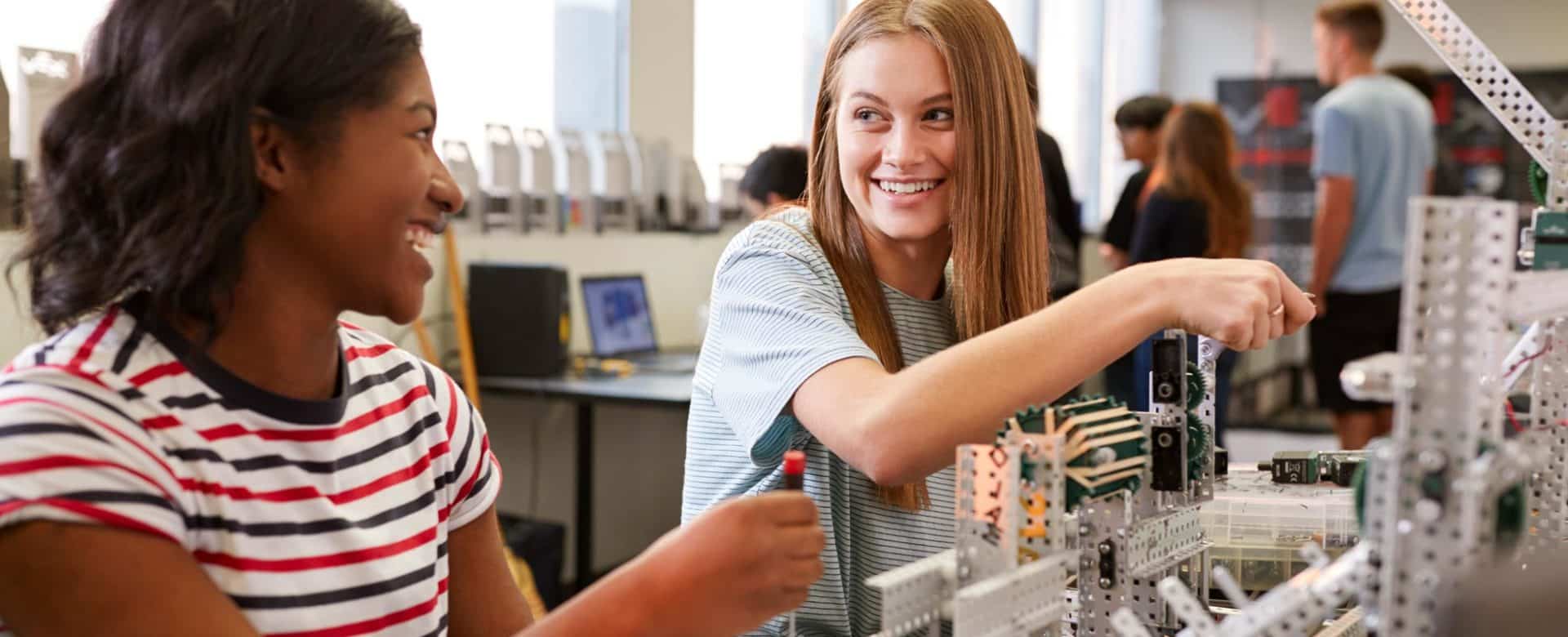The System is responsible for developing a coordinated and integrated approach to the organization, design and delivery of online learning technologies. The System Office is responsible for administering the learning management system and providing academic resources to support quality course design and delivery in face-to-face, hybrid and online courses. The Colleges are responsible for the development and quality of course offerings which use an electronic environment and for local faculty and student support.
Copyright and Intellectual Property
Faculty shall comply with the Digital Millennium Copyright Act (DMCA), and Technology, Education, Copyright and Harmonization Act (TEACH) legislation.
See also below Article XXXIII - Intellectual Property from the Current Collective Bargaining Agreement:
33.1 Applicability: This provision applies to all covered employees involved in carrying out the CCSNH’s mission while under the auspices of the CCSNH.
33.2 Definitions:
33.2.1: Intellectual Property: As used in this provision, intellectual property includes not only technology such as inventions, discoveries, creations or authored works thatmay be protected legally (such as with Patents and Copyrights), but also the physical or tangible embodiment of the technology, such as biological organisms, plant varieties or computer software based on or derived from research data.
33.2.2: Scholarly Works: Traditional publications in academia regardless of their medium of expression, such as books, case studies, peer-reviewed manuscripts, journal articles, glossaries, bibliographies, creative works, etc.
33.2.3: Course Material: Those elements that constitute an academic course delivered in traditional and non-traditional (e.g.,online) mode, including but not limited to: syllabi, course descriptions, class and lecture notes, quizzes, tests, assignments, laboratories, study guides and content.
33.3 Provision for Ownership:
33.3.1: The CCSNH relinquishes any claim to ownership of scholarly works and assigns intellectual property rights to the covered employee.
33.3.2: Course material created by the covered employee in the fulfillment of the employee’s normal duties and responsibilities under this collective bargaining agreement is presumed to belong to the employee for proprietary or marketing purposes outside of the college but is available to the college for internal review, use and distribution within the CCSNH and to external accrediting agencies.
33.3.3: If a covered employee retains title to copyright of course material or scholarly works developed as part of his/her regular employment responsibilities, the employee shall grant to the CCSNH a non-exclusive, irrevocable, royalty-free right to use, display, duplicate, create derivative works and/or distribute the materials with appropriate attribution for educational and/or research purposes.
33.3.4: The CCSNH shall retain ownership and intellectual property rights to work commissioned by the college pursuant to a written contract or memorandum of understanding (MOU) with the covered employee.
Proctored Exams
-
The CCSNH college offering the course or any other CCSNH college (at no charge)
- Testing centers at two- or four-year colleges and universities
- Commercial learning/tutoring centers
- Military education offices worldwide
- Corporate education centers
- County/state fire training academies
- NCOIC or OIC for military students (This applies to students overseas. All stateside military students should use local education Offices)
- Other sites approved by the course instructor
Unacceptable proctors and locations include:
- Relatives
- Friends
- Neighbors
- Co-workers
- Private residences
- Places of worship
- Other CCSNH Students
- Cohabitants
- K–12 public and private schools
Quality Assurance
Online courses shall comply with all the standard practices, procedures and criteria of the college offering the course. This includes, but is not limited to, faculty involvement at the level of course development and approval, selection of qualified faculty to teach the course and oversight of all final course offerings by the appropriate body. It is expected that each campus will have a formal review process for the development and approval of online courses.
The Vice President of Academic Affairs (VPAA) or designee of the college offering the course will maintain direct oversight, decision making and quality assurance for all decisions related to their faculty, courses, cancellations of courses and opening of new sections.
The appropriate Department Chair and the VPAA or designee of the college offering the course shall be able to access and view all online courses at any given time.
Technical Assistance
CCSNH will provide:
- Management of the network
- College email
- 24/7 Online Support Center
- Internet connectivity
- Distance Learning department
- Canvas system administration
- IT department management of SIS/Banner Snapshot
- Scheduling and facilitation of the Distance Learning Collaborative meetings
The college offering the course will provide
- Computer labs on campus
- College technical support
- Necessary technology to teach online effectively

